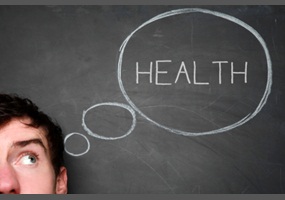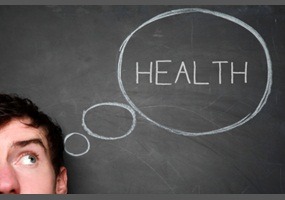There are numerous diet plans available, including frequent meals, fruit and vegetable-based diets, protein diets, Mediterranean diets, low-fat diets, ketone diets, and many more. Some argue that fasting is better and healthier than other diets, while others claim the opposite.

With so much advice available, it can be overwhelming to determine which plan is right for you. However, the truth is that there is no one-size-fits-all solution.
Early humans acquired food through hunting, fishing, and gathering until agriculture emerged around 10,000 years ago, and since then, the evolution of diets has been slow and gradual, although not necessarily better. People's eating habits have changed over time, and they have learned about the benefits of herbs, vegetables, fruits, and seeds. They have discovered new types of plants and herbs and have created new recipes and combinations. Historical records contain numerous books filled with various recipes, cuisines, food remedies, and simple diets to help with illnesses or special health situations. However, there is no evidence of absurd schemes or detailed diet suggestions, or any written evidence of social and domestic pressure or fussing around this topic.
Today, people are intentionally making a big deal out of food and nutrition. Many nutritionists and doctors suggest using a food scale and weighing portions every time before consuming a meal for weight loss or health improvement. Some fasting therapists and doctors recommend chewing food 32 times per bite. These are just two examples of the many unrealistic claims and arguments found online, including medical and scientific ones.

However, each research article may contain specific facts or theories, with or without arguments and sources, that represent a single model that aims to help an enormously wide range of people with different backgrounds, ages, needs, routines, preferences, and so on. It is not just about health or special situations; it is about the variety of food and mealtime routines, individual preferences, the taste of food, and the time of day when it is preferred.
All of the blundering attempts for health improvement and the unnecessary super-focus on food and nutrition create confusion, guilt, stress, and eating disorders in an already stressful life. People are already struggling with work, specific routines, and managing daily tasks and monthly obligations, including bills, mortgages, or rents. The constant bombardment of overblown claims and "should do" prepositions for health benefit causes even more stress.
To find a personalized way to receive daily energy and preserve or improve health, it is best to start by asking yourself what foods you enjoy, how and when you prefer eating during the day, and why. If you recognize that you are behaving in an unhealthy manner, try to identify the mistakes and correct them in a way that works for you. Although not all scientific research should be ignored, it is crucial to take it seriously and determine what is accurate and beneficial from every study and combine it with daily routines in a way that suits personal needs.
Humans are adaptable, but they are also exposed to an unhealthy environment, unlimited chemicals and preservatives, and unnecessary fats. Therefore, it is essential to balance the scale and adjust a few simple habits to daily routines to make a tireless effort for the sake of general well-being.
Here are some easy tips to follow without changing everything:
Drink more water and less soda or sugary drinks.
Eat more fruits and vegetables and fewer processed foods.
Choose lean protein sources such as fish or chicken instead of red meat.
Avoid fried or greasy foods and opt for baked, grilled, or steamed options.
Reduce salt and sugar intake.
Try to cook at home more often instead of eating out.
Pay attention to portion sizes and avoid overeating.

